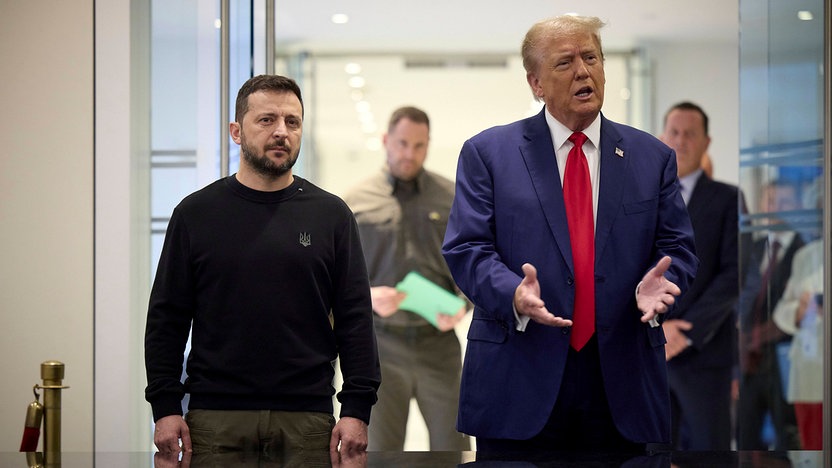Ukraine Trump Relations: An Overview of Recent Developments

Introduction
The relationship between Ukraine and former President Donald Trump has been a focal point in U.S. politics and international relations. It has evolved significantly since Trump’s presidency and continues to shape geopolitical debates, especially amid ongoing tensions in Eastern Europe. Understanding this relationship is crucial as it highlights issues of foreign policy, corruption allegations, and election meddling that resonate today.
Key Events and Developments
The relationship gained international attention during the impeachment inquiry against Trump in 2019. Trump was accused of pressuring Ukrainian President Volodymyr Zelensky to launch an investigation into his political rival, Joe Biden, and his son Hunter Biden. This phone call, revealed by a whistleblower complaint, led to Trump’s first impeachment, primarily due to allegations that he withheld military aid to Ukraine as leverage.
Since the beginning of Russia’s invasion of Ukraine in February 2022, the dynamics have shifted dramatically. Trump has publicly criticized the Biden administration for its handling of the crisis, arguing that more stringent measures should have been taken to deter Russian aggression. He has also reiterated his stance that NATO allies should contribute more to Ukraine’s defense.
Moreover, Trump’s comments about Ukraine’s corruption have also surfaced, leading to renewed discussions for both supporters and critics. While Trump claims his concerns over corruption influence American financial aid, opponents argue that these comments may undermine international support for Ukraine at a time when it is critical.
Implications for the Future
As the U.S. approaches the 2024 elections, Trump continues to be a significant figure in the Republican Party and American politics. His past dealings regarding Ukraine may shape his campaign as he offers a stark contrast to the current administration’s policies. Furthermore, the power shifts in Congress could also affect future U.S. interactions with Ukraine, depending on whether Trump or a similar figure gains influence within Republican leadership.
Conclusion
The Ukraine-Trump relationship is complex and remains a vital topic in both domestic and international arenas. As the situation in Ukraine develops, the implications of Trump’s earlier actions and statements will likely persist, influencing U.S. foreign policy, discussions around military aid, and the export of democratic values in Eastern Europe. Watching how this unfolds will be important for both international observers and citizens of the U.S. as they navigate a politically charged environment ahead of future elections.









